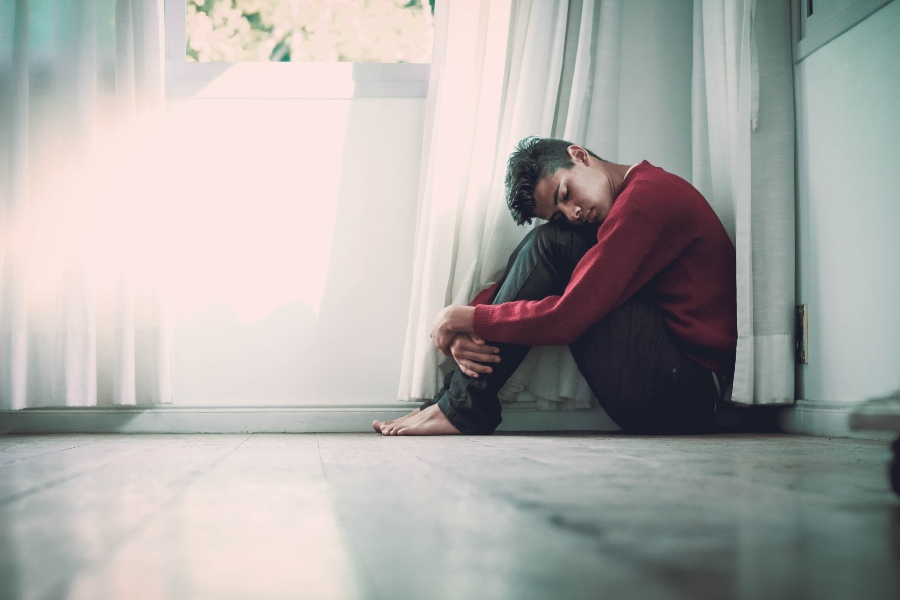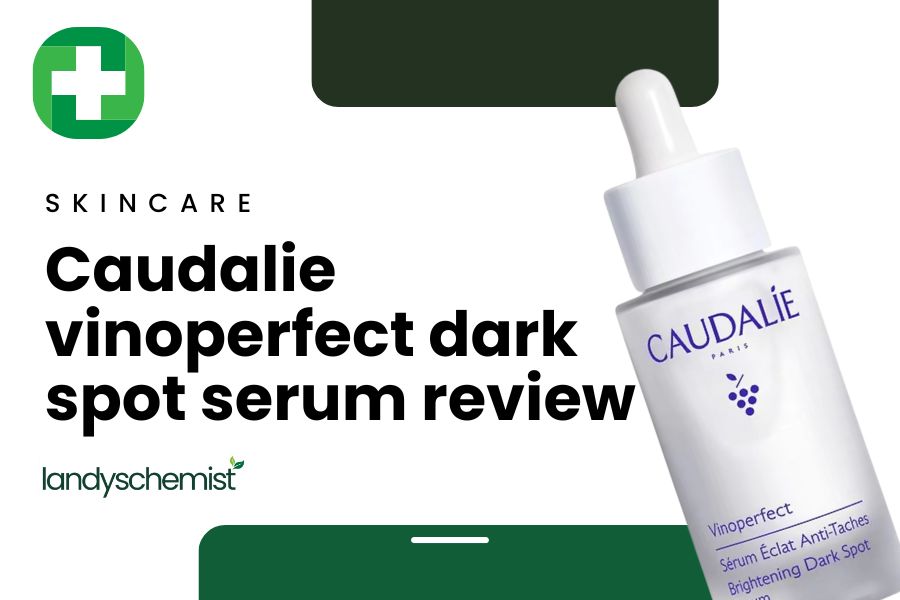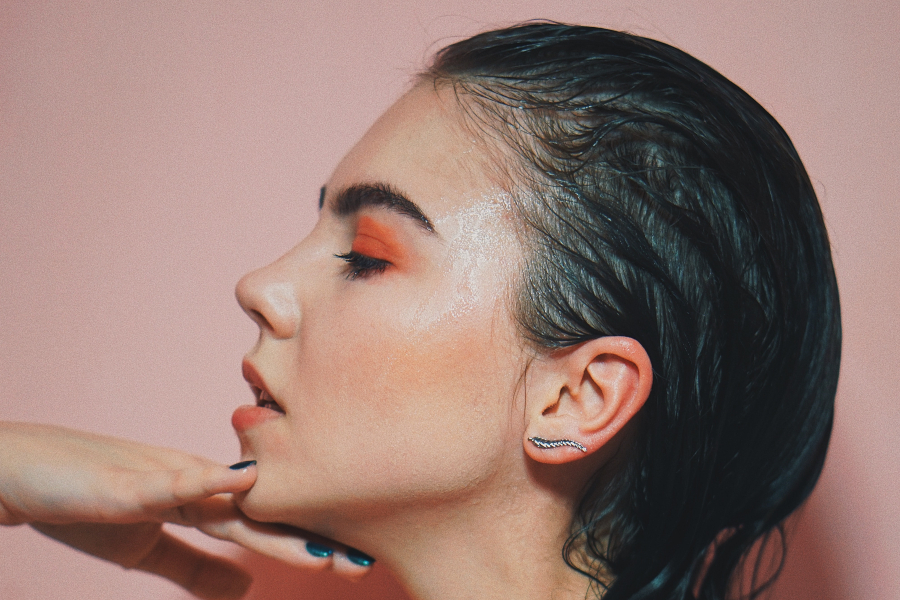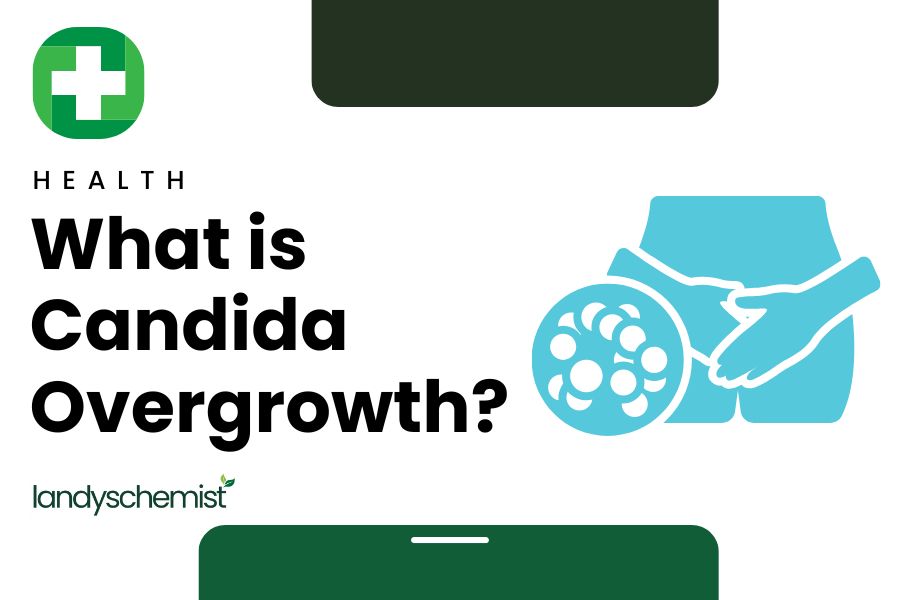
How To Deal With Anxiety
By Girish Desai, Pharmacist (GPhC ), Nutritionist and Homeopath
Everyone has anxiety at certain points in their lives, with some people feeling anxious more than others, and some feeling it more severely. If you have trouble dealing with anxiety, then this is the article for you.
Here, we'll take a look at how to deal with anxiety by explaining the common (and uncommon) causes and exploring some of the methods and treatments.
What Is Anxiety?
Anxiety is a general feeling of unease, worry or fear. It can be mild or severe, depending on the person and the situation. Anxiety is a natural response to stress and so feeling anxious at times is perfectly normal.
When people struggle with managing their anxiety, and where there are additional or extreme symptoms, they may be dealing with another condition that anxiety is a symptoms of, such as: a phobia (agoraphobia or claustrophobia), post-traumatic stress disorder (PTSD) or a generalised anxiety disorder (GAD).
However, having anxiety does not necessarily mean you have a more complex condition. If you have concerns about your anxiety then you should speak to your GP or other medical professional.
Causes Of Anxiety
There are various causes of anxiety. Your experience of anxiety will be unique to you, but there are often common factors that can be identified that trigger your anxiety. Small triggers can cause moments of anxiety and larger triggers can lead to strong feelings of anxiety over a prolonged period of time. It will all depend on your life experience.
Some of the most well-known, common causes of anxiety include:
- Stress – this could be due to an upcoming test at school, long hours at work, money or housing problems or not being able to sleep.
- Loneliness – feeling isolated or lonely can lead to anxiety. Many more people have experienced this due to the necessary COVID-19 restrictions.
There are also a number of common but less well-known causes of anxiety. Since anxiety can become a problem when it is caused by more complex issues or additional factors, it is important to be aware of these other factors.
Less well known causes of anxiety include:
- Bereavement – losing someone close to you can be a trigger for anxiety. Experiencing grief following the death of a loved one will bring up numerous emotions, one of which can be a feeling of anxiousness. This is often because death forces us to confront our mortality.
- Past trauma or childhood experiences – mental health charity Mind notes that “Going through stress and trauma when you're very young is likely to have a particularly big impact [on whether you have anxiety problems]”. Physical or emotional abuse, neglect, the death of a parent or guardian, bullying or social exclusion can all lead to anxiety issues that last through adulthood.
- Physical or mental health problems – living with an ongoing physical health condition can trigger anxiety for some people. Similarly, those with ongoing mental health issues, like depression, will commonly also be dealing with elevated levels of anxiety. It should also be noted that difficulties with physical health conditions often cause mental health problems.
- Medication or drugs – recreational drugs and alcohol can trigger anxiety. Even caffeine can elevate feelings of anxiety. Some medications, both for physical health problems and psychiatric issues, can also trigger anxiety.
COVID-19 and anxiety
The COVID-19 pandemic led to lockdowns and social restrictions that most people have never experienced before, and they happened on a global scale. Big changes to our working lives, coupled with fear for our collective and personal health, along with isolation, have all impacted our mental and physical wellbeing.
Feeling anxious because of these factors is entirely to be expected, even if you aren't someone who felt much anxiety beforehand. Mind investigated the impact of COVID-19 on our mental health and reported that anxiety levels changed significantly within the first months of the pandemic in the UK, with highs and lows at various points. The NHS also recognised mental health as an issue during COVID-19 and offered some tips for dealing with pandemic anxiety.
Ways To Deal With Anxiety
How you deal with anxiety will depend on what works for you and how much of an issue anxiety is for you. You may not need to look for treatments if you experience only mild anxiety occasionally, as would be perfectly normal. Where excessive or strong anxiety is an issue that you need to address, there are a few options available to you.
Herbal Remedies
Natural remedies are often the first port of call for those dealing with mild anxiety. Apart from avoiding triggers like caffeine or alcohol, adding a herbal supplement to your daily nutrition can help to combat your anxiety.
Serotonin Supplements
Serotonin is the feel good hormone and it is closely linked with depression and anxiety. Your body can make serotonin from certain foods, like fish, bananas and wholemeal bread, but if you want to ensure you are getting the right amount of serotonin to elevate your mood then a serotonin supplement could be the way to go.
Combination Vitamins & Minerals For Relaxation
There are certain nutrients that can combat the causes of anxiety when used in combination. Supplements aimed at relaxation or creating calm can help to alleviate anxious feelings with their blend of vitamins, minerals and other nutrients.
For example, Viridian's Enhanced Rhodiola contains ashwagandha, rhodiola, siberian ginseng and schisandra. Ashwagandha root and rhodiola root are both ancient medical herbs used to combat stress, depression and anxiety. Siberian Ginseng and Schisandra both help to promote energy.
Therapy
Therapy is suitable for everyone, though not everyone chooses to have therapy or is able to afford it. There are options though, whether you can afford private sessions or prefer to use self-help.
Cognitive behavioural therapy (CBT)
Cognitive behavioural therapy is considered one of the most effective treatments for generalised anxiety disorder (GAD). CBT involves 1-1 meetings with an accredited therapist over a few months. This kind of therapy will help you to question the negative and anxious thoughts and enable you to find ways to alleviate them.
Guided Self-Help
If you don't have the want or the ability to see a therapist, you can work through a CBT workbook or online course in your own time. In a similar way to session therapy, it can help you to identify your anxiety triggers and therefore assist in finding ways to address them.
Medication
Some people will require medication to deal with their anxiety. Your GP, in line with the recommendations of a mental health professionals findings, will be able to prescribe the medication that is suitable to you, if you have an anxiety disorder. Many of the medications focus on addressing serotonin levels, though some also look at addressing other hormones or using drugs with sedative effects.
Find The Anxiety Solution That Suits You
There is no one-size-fits-all when it comes to dealing with anxiety. However, there are lots of options available to you and plenty of online resources to guide you towards finding a technique or solution that works for you.
Disclaimer
The products offered are not intended to diagnose, treat, cure, or prevent any illness or disease, or replace the advice of a medical professional. Results are not guaranteed and may vary from individual to individual.




